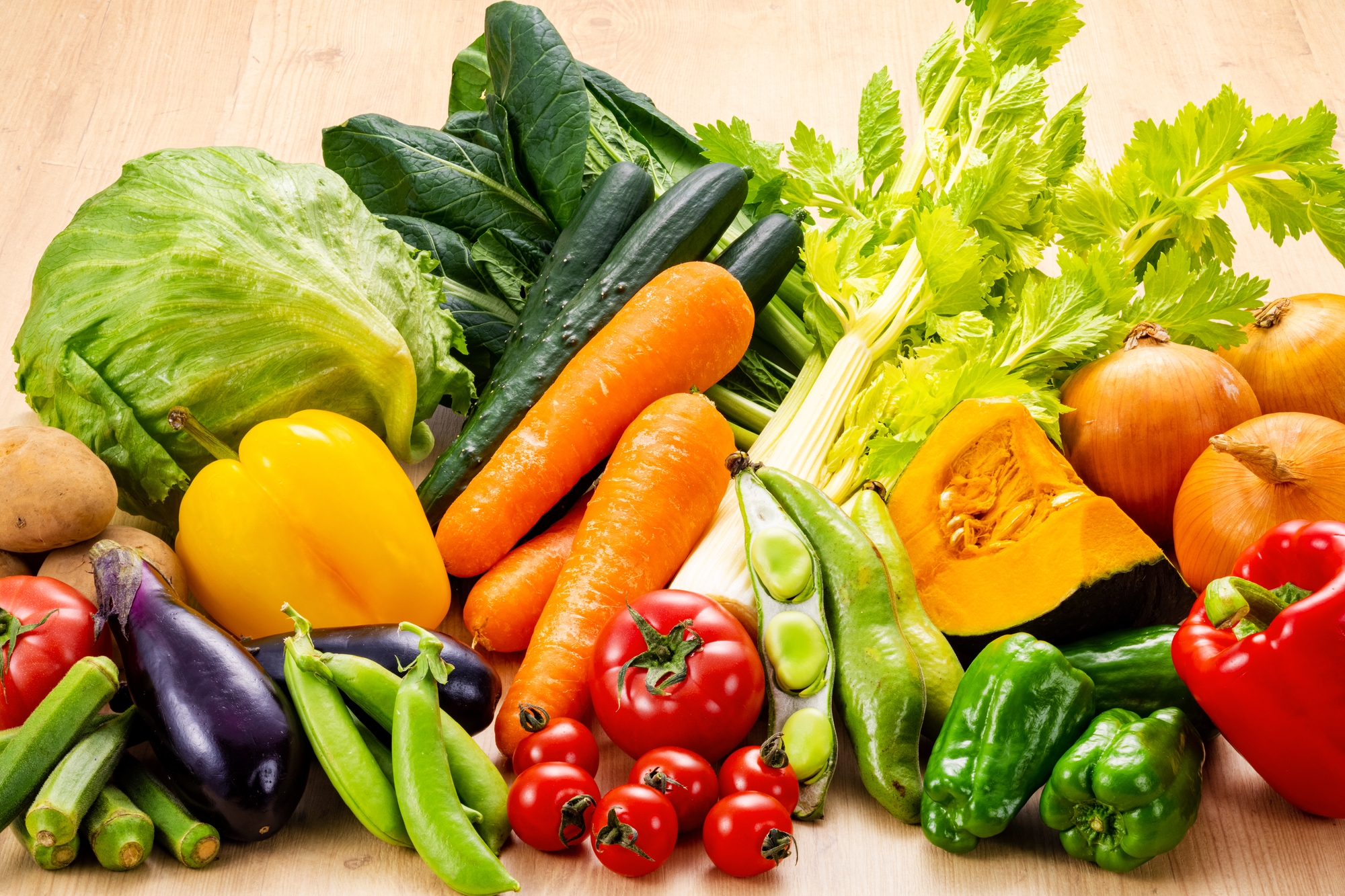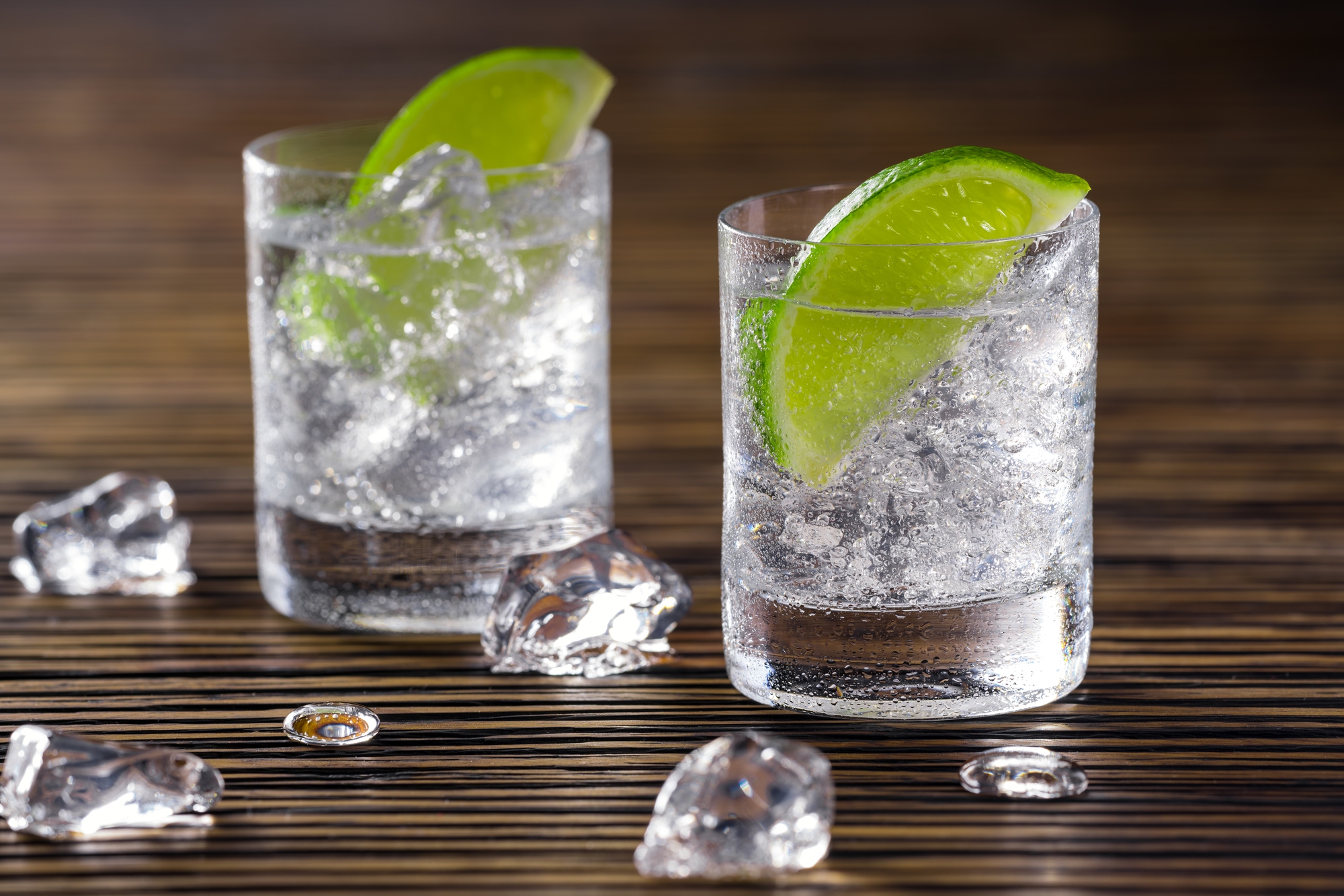TECH & CULTURE
Finding Halal Food in Tokyo
September 07, 2022

Islamic Culture
The word "Muslim" means "referring to submission to God” in Arabic. The Qur'an (Koran), the sacred book of Islam, reveals various codes of conduct. Muslims live their lives according to the teachings of Allah, the only God in the world. For Muslims, living according to the teachings of the Koran is a belief in God, so it is not compulsory, but entirely voluntary.

The explanation of Halal Food
One of the precepts (code of conduct) includes food. “Halal food" which you may have heard of at least once, is food that is permitted to be eaten according to the precepts of Islam (Muslim). In Islam, there are detailed rules on what is and is not allowed to be eaten. In general, halal means "permitted" in Arabic, while its opposite, "forbidden," is called "Haram" or "Non-halal”.

Halal
Vegetables, fruits, grains (rice and wheat), seafood (seaweed), soy milk, milk, and eggs are certified as halal foods and are safe for Muslims to eat. Meat is also permitted, except pork, but only if it has been slaughtered in accordance with Islamic law. Halal food is also attracting attention from a healthy perspective.
Before the outbreak of the new coronavirus infection, Tokyo saw an increase in the number of travelers from Muslim Southeast Asia. This has led to an increase in the number of restaurants offering halal cuisine in Japan. For example, Asakusa Sushiken in Asakusa offers halal dishes from lunch to dinner, and all of its menu items are halal. Thanks to this consideration to allow many travelers to enjoy Japanese food, the restaurant has been well (received) appreciated by foreign tourists who visit Japan from abroad.
Before the outbreak of the new coronavirus infection, Tokyo saw an increase in the number of travelers from Muslim Southeast Asia. This has led to an increase in the number of restaurants offering halal cuisine in Japan. For example, Asakusa Sushiken in Asakusa offers halal dishes from lunch to dinner, and all of its menu items are halal. Thanks to this consideration to allow many travelers to enjoy Japanese food, the restaurant has been well (received) appreciated by foreign tourists who visit Japan from abroad.

Haram
Muslims must avoid pork, alcohol, and other (things) foods and drinks forbidden in Islam. Pork in this context means that (includes) everything derived from pigs, as well as all foods that come in contact with pigs, are also forbidden. This means that processed products such as ham and bacon, lard, soups and bouillons containing pork extracts, and desserts made with gelatin are also prohibited.
As for alcohol, not only drinking alcohol such as sake, whiskey, shochu, and wine, but also seasonings with alcohol added as an ingredient, such as soy sauce, mirin, miso, vinegar, ponzu, and mayonnaise, are prohibited. Sweets made with rum are also prohibited.
As for alcohol, not only drinking alcohol such as sake, whiskey, shochu, and wine, but also seasonings with alcohol added as an ingredient, such as soy sauce, mirin, miso, vinegar, ponzu, and mayonnaise, are prohibited. Sweets made with rum are also prohibited.